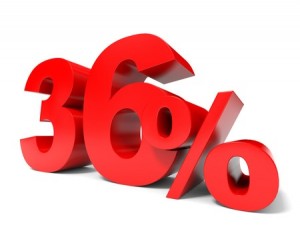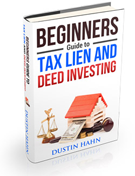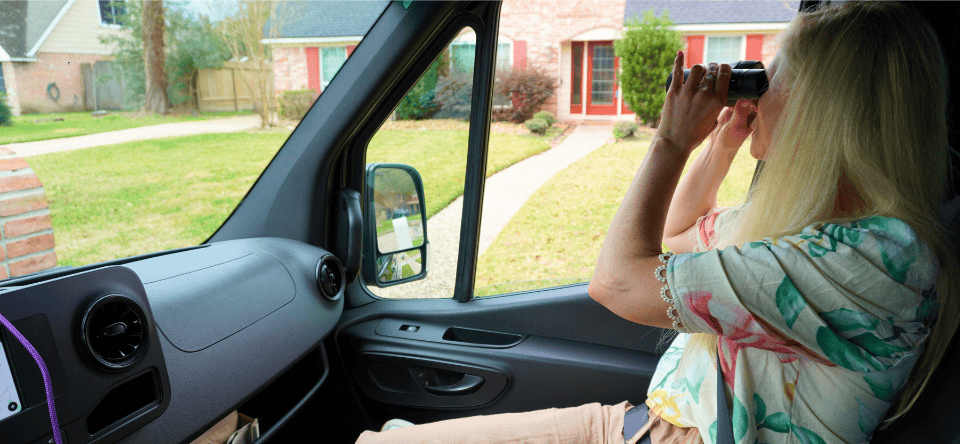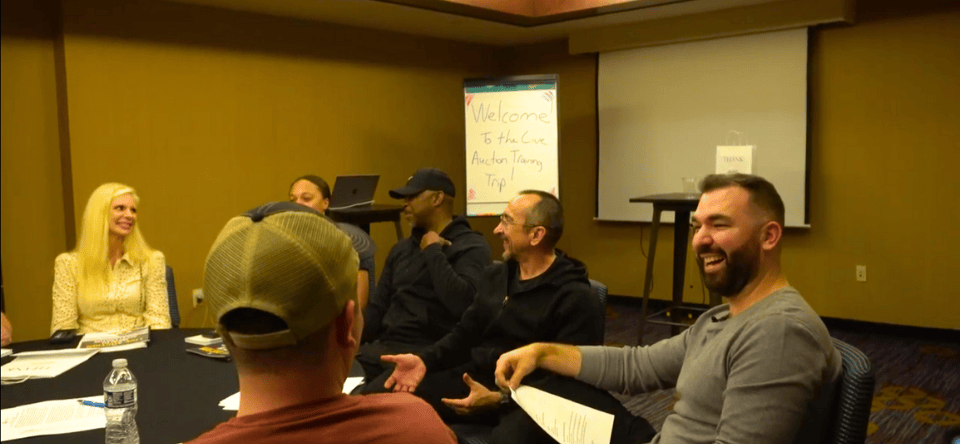If you’re still a little bit confused on Tax Liens and Tax Deeds, and how they can benefit you (And are actually different things altogether), I totally get that, and you’re in the right spot to learn more.
Let me take a brief second and break it down for you, and share with you the most important differences that can make or break your ability to invest in them effectively.
Difference #1 – Tax Liens are a lien placed on a property. You don’t actually OWN the property quite yet…
(Think of it like a ransom the government puts on your property to ensure you pay your taxes.)
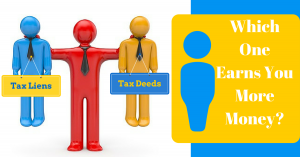
Tax Liens are liens imposed by law upon a property to secure the payment of taxes, and are most commonly placed on a property because of delinquent, or unpaid taxes.
So, essentially a county needs to get money to pay for everything (Roads, Schools, Medical Services, firefighters, Police etc.) and one of their main sources of that is the taxes payed by the homeowners to the county.
When the homeowner can’t pay those taxes, a lien is placed on that property.
The cool thing about Tax Liens, is that they are the #1 priority Lien on a property. (For almost all cases this is true. It’s always beneficial to double check with the county your looking to invest in though, just to be safe.)
This means once purchased by you, it either wipes out the other liens on the property, or will after you “clear the title”. (Those other liens could be Mortgage, Liens from Plumbers, Electricians etc.)
(Clearing the title can be done by hiring a service called Tax Title Services – something you’ll need to budget into your bidding when buying Tax Liens.)
Now, once you purchase a lien from the county sale, it doesn’t necessarily mean you have access to the property. Each county sets a time period for that Lien to be redeemed by the homeowner.
It varies by state, but it could be from 1 year to 3 years. This is called the redemption period.
BUT, there are penalties that the homeowner must pay, the moment the Tax Lien is sold at the sale. (And if they wait the full 3 years, it significantly goes up.)
Even if the property redeems 5 minutes after the Tax Sale, you get your minimum penalty fee (They pay you!) of whatever percentage is set by that state. (Could be 8% all the way up to 36%)
Confused yet? I hope not!
Here is the simple version.
You buy a Tax Lien. Homeowner now has to pay you back the taxes YOU payed to the county,, PLUS an additional percentage secured by the state, if they want to get their property back into their hands.
If they don’t pay you back plus the extra, in the time granted by the state, you can foreclose on their property and own it FREE AND CLEAR.
Pretty neat stuff huh?
Free Tax Lien & Deed Training Guide
There are 3 HUGE mistakes that almost all new Tax Lien & Deed investors make, and I’ve got a free training guide that will not only help you AVOID THEM completely but also save you thousands of dollars in wasted time and money!
Difference #2 – Tax Deeds are exactly what they sound like – a DEED to the property.
This means when you attend a Tax Deed sale, in a tax deed state, the second you acquire that property deed, you are the FULL owner of that property and can do with it as you wish!
(Sell it, hold on it, throw it up in the air etc…)
I will take a second to mention that there are hybrid states, and those states have rules that are a combination of Tax Lien and Tax Deed.
When you get the tax deed to a property in a hybrid state, you have to wait for the redemption period to be up in order to take control of the full property. (But you don’t need to foreclose on it, like in a Tax Lien state…)
If the property redeems, (meaning the home owner pays what they own the lien/deed holder), you as the investor, will get what you paid for the lien/deed, plus an interest rate set by the state.
So – if you’re in Texas, and you buy a property at the tax sale, and the homeowner redeems the next day, you get what you paid for the property, plus a 25% interest rate on top of the price you paid.
Not a bad investment!
And should the homeowner not redeem, after 6 months, you get the property free and clear!
But remember that what i just mentioned was about Hybrid Tax States – Straight Tax Deeds states you’ll get the deed as soon as you pay the back taxes on the property!
Difference #3 – Tax Liens pay a penalty/interest rate out, while Tax Deed states transfer ownership to the property to you.
So when you purchase a Tax Lien from a sale, you aren’t getting the property, but rather a lien on the property, that legally makes you the person the homeowner needs to pay, to get their property back and if they don’t in the time range (redemption Period) set by the state, you can THEN foreclose on the property and gain control of it – and then it’s basically like a tax deed – you can hold onto it, live in it, sell it, rent it out etc.
I’ll be the first one to admit, that when you’re first starting out, this stuff can be a bit confusing, but just like anything we see for the first time, there is a period of acquiring knowledge about it that we must go through.
Once you can nail these basics, you will be 10 steps ahead of the average investor going into this business.
If you still aren’t sure if this can be a profitable business, and if you want to know if Tax Liens, or Tax Deeds are a better investment, I wrote this article just for you – “Are Tax Liens & Deeds REALLY profitable?”
I’ve also created a “Beginners Guide To Tax Lien and Deed Investing, and if you’re interested in checking that out, you’ll be able to find by subscribing on this Page!
(In fact, if you click this fancy new image I put in below, you can learn more right now!)
If you know someone who could benefit from this, please like us on Facebook, share this post, and keep following us for great new articles on Tax Lien & Deed Investing!


